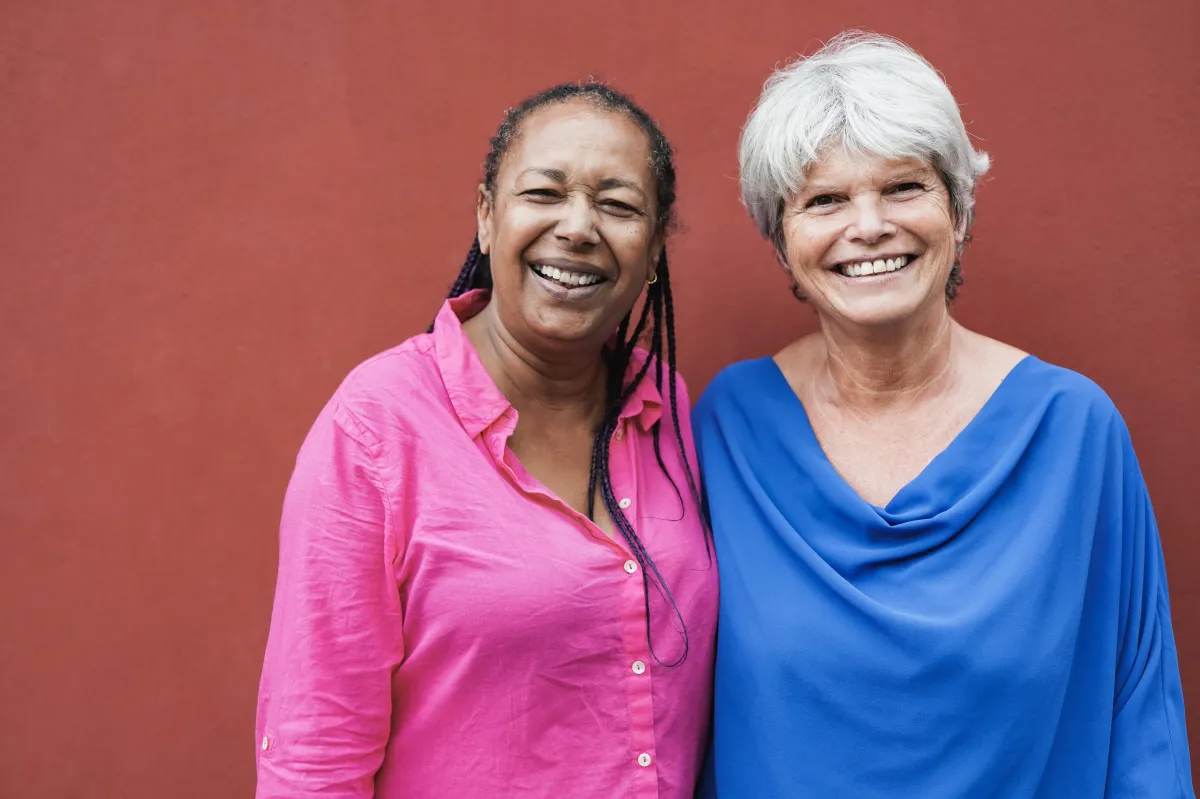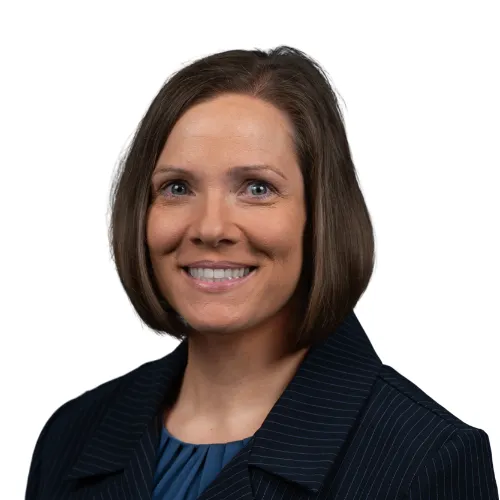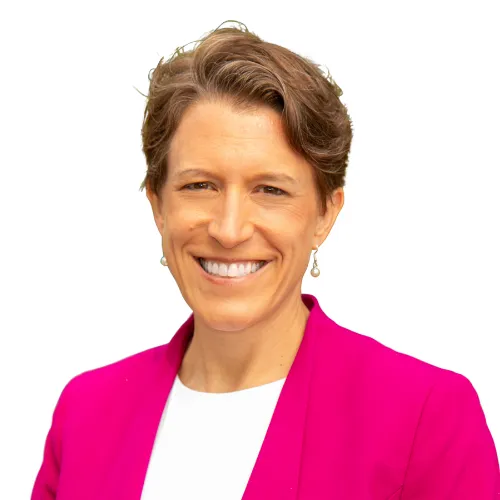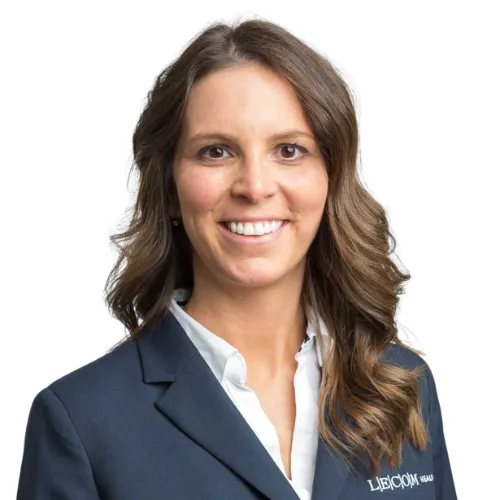About BRIDGES for Older Adults
Discover how BRIDGES for Older Adults is building the Aging & Disability Network's capacity to support mental well-being in older adults living with chronic disease and behavioral health concerns.
BRIDGES for Older Adults Mission
To increase older adult participation in community-based, evidence-based, chronic disease management classes.
Many older adults living with chronic conditions also face depression, anxiety, substance use disorders, or other behavioral health challenges that make it tough to join—or stick with—chronic disease management classes. When class facilitators can recognize early warning signs, respond with caring support, and refer participants to the right help, older adults are more likely to keep attending, improve their health habits, and feel better both physically and emotionally.

Closing the Gap: Equipping Chronic Disease Facilitators to Support Older Adults’ Behavioral Health
LECOM Health integrates behavioral health and geriatric expertise to:
Conduct Comprehensive Environmental Scans and Needs Assessments
Identify barriers and best practices to tailor effective solutions and engagement strategies for older adults with behavioral health conditions.
Develop and Implement a National Training Program
Equip facilitators in community-based organizations and the aging and disability network through accessible online trainings and toolkits, improving early recognition, response, and referrals for behavioral health care.
Provide Resources and Technical Assistance
Deliver practical guidance, an expanding online resource center, and awareness/outreach campaigns to support recognition, response, and referral for behavioral health needs in older adults.

Our Goals: Recognize, Respond, Refer Older Adults to Behavioral Health Supports
We aim to:
• Conduct Research and Remove Barriers for older adults to accessing behavioral health services and evidence-based chronic disease education programs
• Empower professionals, caregivers and individuals to Recognize Behavioral Health Concerns in older adults
• Resource providers to Respond to older adults who have behavioral health issues in a person-centered, trauma-informed, and culturally appropriate manner
• Refer older adults with behavioral health issues to community-based programs, behavioral health services and other supports
Meet the BRIDGES for Older Adults Leadership Team

Danielle Hansen, DO, MS (MedEd), MHSA
Project Director
Regional President - LECOM Health

Meghan Kinter, Ph.D.
Project Manager
Chief Strategic Growth Officer - LECOM Behavioral Health

Craig Stevens, MA, MT-BC, NMT
Training Director
Training Director - LECOM Behavioral Health

Lisa Fickenworth, MBA
Compliance Director
Chief Quality and Compliance Director - LECOM Behavioral Health

Jaime Babiak, PharmD, MHSA, NHA
Technical Assistance Center Director
Vice President of Operations, Director of Pharmacy - LECOM Institute for Successful Aging

Ellen Kehl, MPA, CNP
Marketing Director
Director of Marketing and Development - LECOM Behavioral Health

Brandon Boyd, MS
Outreach Director
Director of Public Relations and Community Outreach - LECOM Behavioral Health

Brian Hillen, BS
Training Coordinator and TAC Coordinator
Special Projects Coordinator - LECOM Behavioral Health
Sign Up for Our E-Newsletter
Stay informed about the latest happenings in the BRIDGES for Older Adults initiative by signing up for our newsletter. This will ensure you receive important updates, resources, and event notifications directly to your email inbox.
© 2025. All Rights Reserved. LECOM BRIDGES for Older Adults | LECOM Health
This website is supported by the Administration for Community Living (ACL), U.S. Department of Health and Human Services (HHS) as part of a financial assistance award totaling $3,260,699 with 100 percent funding by ACL/HHS. The contents are those of the author(s) and do not necessarily represent the official views of, nor an endorsement, by ACL/HHS, or the U.S. Government.

